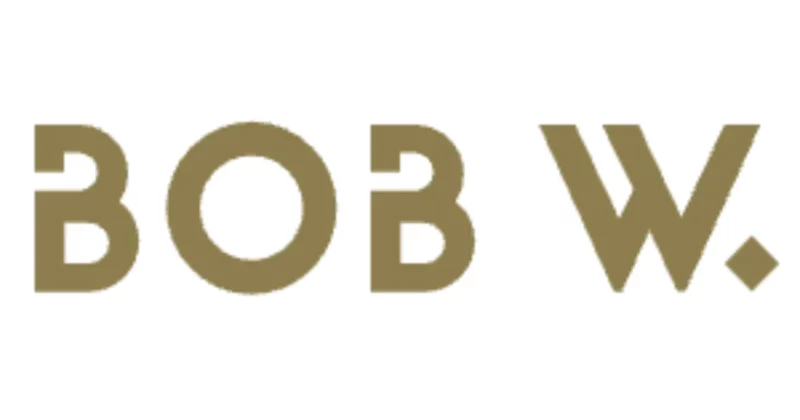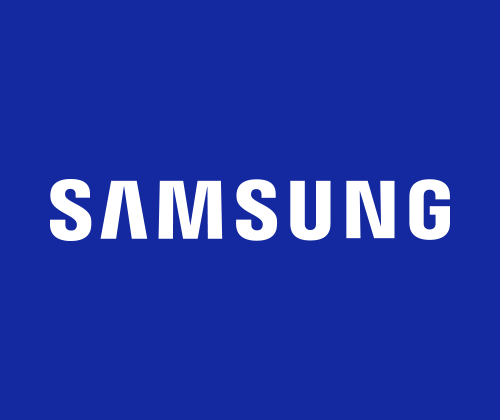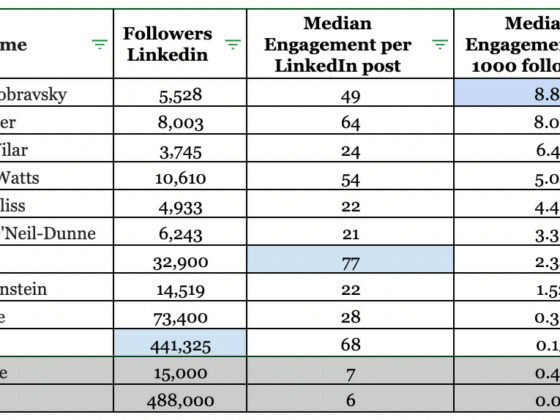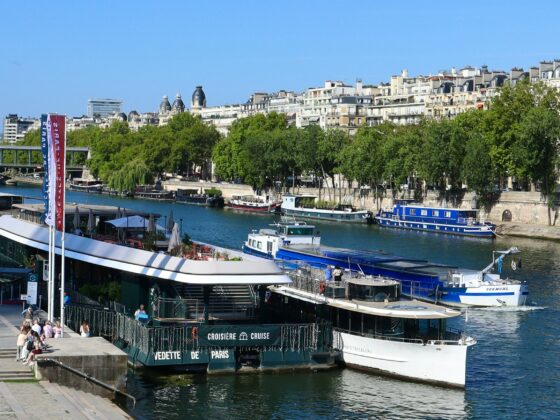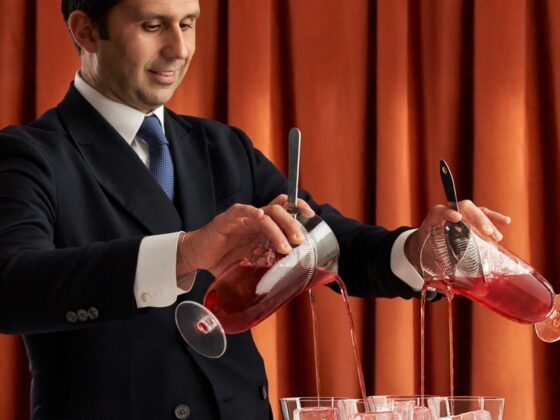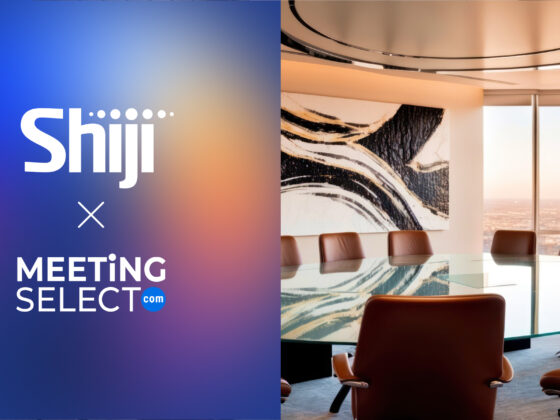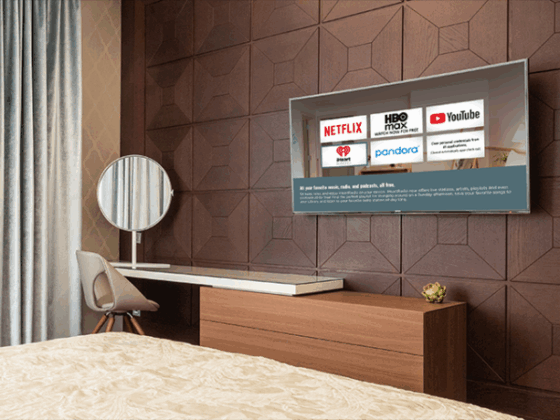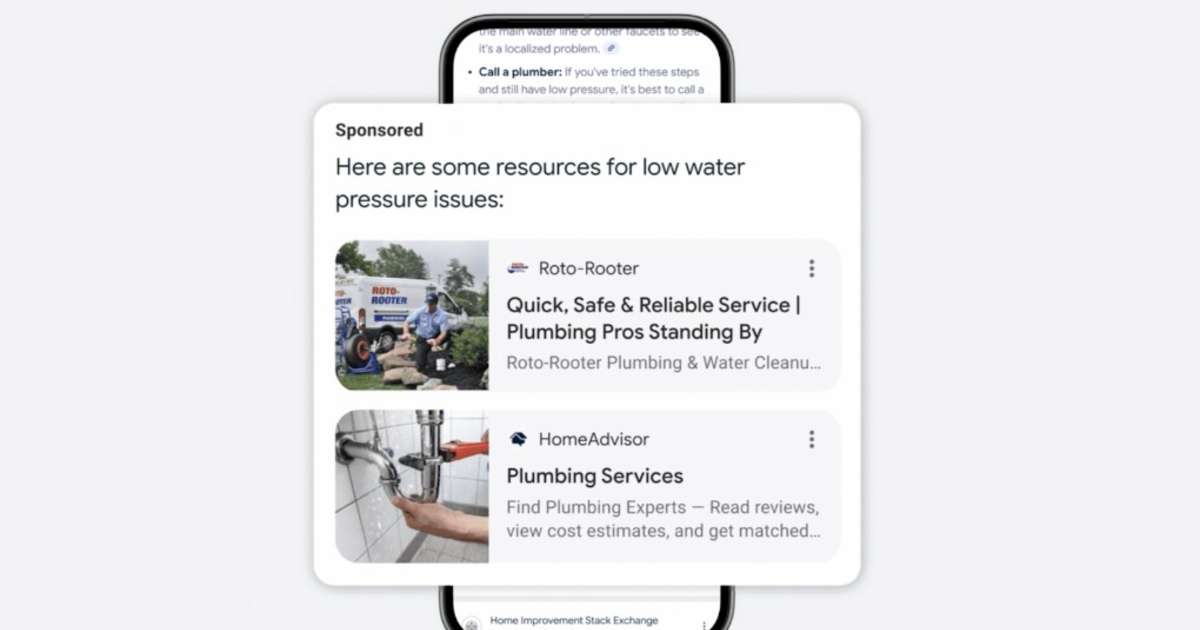
For thirty years, the web has been a system of exits, a labyrinth of blue underlined doors pointing outward, each page no more than a step toward another place. With the global launch of AI Max for Search and, more generally, “Ads in AI Overviews” (awaiting a shorter name or acronym… AIO, maybe?), Google will likely invert this very ontology. The centrifugal logic of hyperlinks will collapse into a centripetal mechanism, where answers no longer reside elsewhere but are generated, framed, and monetized in place, with no escape. This is not a cosmetic refresh or one of those algorithmic oscillations that SEOs obsessively chart. It is a tectonic rupture, a rewriting of the rules that sustained the entire economy of discovery. The line between information and promotion, between organic and paid, between presence and intrusion, dissolves. For the hotel sector, which has always fought for visibility on the precarious margins of the SERP, this is nothing less than the advent of a new era, the one I have long described as the “post-search” world.
Personally, I have always been skeptical of the hollow metaphor of “revolution,” preferring Kurzweil’s Law of Accelerating Returns to account for the exponential growth of technology. And yet here, reluctantly, the term might become unavoidable. What is unfolding before us is revolutionary because nothing in the history of advertising has ever collapsed distinctions at such a scale and with such intimacy. The traveler no longer clicks, compares, and books. The traveler converses, and within that dialogue, Google inserts not links but narratives. It is Gibson’s cyberspace made flesh in commerce, “a consensual hallucination experienced daily by billions,” but no longer navigated, only received. The ad has ceased to be an interruption; it has become the medium itself, a story whispered by a machine.
Click or Ignore
Until today, the ritual has been stable. A traveler typed “best boutique hotel in Rome with SPA,” and the SERP displayed ads clearly labeled, organic results below, and a binary choice to click or ignore. Google monetized the exit, not the presence. Tomorrow, that same query can produce a conversational answer where hotels are recommended directly, and the advertisement is not a rectangle on the periphery but a sentence inside the prose. Ads are camouflaged within the narrative’s linguistic body, no longer separable from the editorial content.
The mechanics of AI-generated paid answers are as complex as they are disruptive. AI Max, the technology behind this new advertising paradigm, launched globally last May as a one-click tool for search campaigns, already powers this insertion across Google Ads, Ads Editor, Search Ads 360, and the Ads API. It works by interpreting intent, generating dynamic ad copy, and dispatching users to highly contextual landing pages, not merely the homepage.
To avoid confusion, AI Max does not generate the answers themselves. The prose that appears in AI Overviews comes from Google’s underlying generative AI infrastructure. AI Max is the lever, not the engine, the apparatus that translates intent into campaign execution. It is the enabler that, among its many functions, injects paid advertising seamlessly into those machine-written responses. For those less familiar with its mechanics, here is the short version:
- Query expansion and intent prediction. AI Max no longer traffics in surface keywords. It interprets latent desires, surfacing ads for “romantic weekend central Italy” or “Michelin-starred dinners in Florence” when the campaign was originally aimed at “luxury hotel Rome.”
- Dynamic ad creation. Ad copy is generated in real time, stitched together from a hotel’s website, its assets, and the semantic cues of the query. A hotel’s identity becomes refracted into dozens of simultaneous variations, each tailored to the unique angle of desire.
- Contextual landing page dispatch. The user is no longer funneled through the homepage. AI Max can send them to the /spa page, the /restaurant menu, or directly to /book. The site becomes a labyrinth navigated by the algorithm itself.
The Post-Keyword Liminal Zone of Desire
But what is interesting for us is not too much the enabler (that’s been around for a few months, at this stage), but what this can achieve. With “Ads in AI Overviews,” CPC, our fetish of two decades, will likely be dethroned. In its place, polymorphic models will emerge: CPC, CPM, CPA, ROAS, deployed according to context. And here lies the real rupture: many queries no longer generate clicks at all. In the zero-click paradigm, the answer is complete within Google’s environment. Ad impressions, once dismissed as vanity, become the true currency of visibility, and CPM, the old metric of display, returns as the measure of a presence that never exists. This collapse renders the booking funnel as we know it obsolete. The journey from inspiration to booking, once stretched across awareness, consideration, and decision, now collapses into a single AI-mediated utterance. OTAs, review sites, and even hotel websites risk invisibility, their links buried beneath generated prose. Yet hidden in this annihilation lies opportunity. With Ads in AI Overviews, presence can occur upstream, at the moment of imagination. This is the liminal zone of desire, the place where hotels can colonize adjacent searches and insert themselves into dreams before intent crystallizes. Yet here the paradox emerges: the hotel is no longer the sole author of its story. Its narrative is reconstructed in the black box of Google’s machine, bent into probabilistic forms. This is what I call the “Transparency Abyss”: the brand as co-narrator with an opaque system that never reveals its logic.
Implications for the Funnel
For hotels, the implications are not uniform across the funnel. Ads in AI Overviews will show their full disruptive potential in mid and top funnel campaigns, where the act of discovery merges seamlessly with narrative suggestion and where presence is no longer about ranking but about being inscribed at the moment of desire. The bottom funnel, particularly brand protection campaigns, will likely remain less affected, because here the intent is already crystallized and the user’s path less malleable. Yet even this distinction recalls what we have already seen with Performance Max, a system optimized for expansion and upper funnel capture, but one that struggles to substitute the tactical precision of brand defense. The lesson is that hotels must learn to orchestrate these layers together, accepting that AI-driven visibility is most powerful when it is planting seeds, not merely harvesting clicks.
Conclusion: The End of the Hyperlink Economy?
When I wrote in Hotel Distribution 2050 that a click-based web could soon become an anachronism, I was accused of indulging in futurology. Yet the prophecy takes shape before our eyes. The hyperlink, once the connective tissue of the web, is dissolving. Search results are no longer thresholds to elsewhere, but closed destinations, where hotels do not compete for rank but for the privilege of being inscribed within the AI’s narration. We now dwell in a more intimate and more obscure web, where existence itself is conditional on being spoken by a machine. The challenge is no longer to optimize for a position, but to be written into the sentence.
This is the true age of post-search, in which luxury is not only the rooftop view or the Michelin-starred dinner, but the rare and fragile honor of still being remembered by the algorithm, even if we have to pay for it. The AI black box becomes the new demiurge, weaving hotels into a liturgy of offers, collapsing discovery and transaction into a single utterance. And, whether we like it or not, those who understand that AI is the (only) UI, no longer an interface but the only interface that matters, will preserve their visibility in this enclosed cosmos.
The others will vanish into silence, erased not by customers, but by the very medium through which reality is now told.
Requiem aeternam dona eis, Domine

